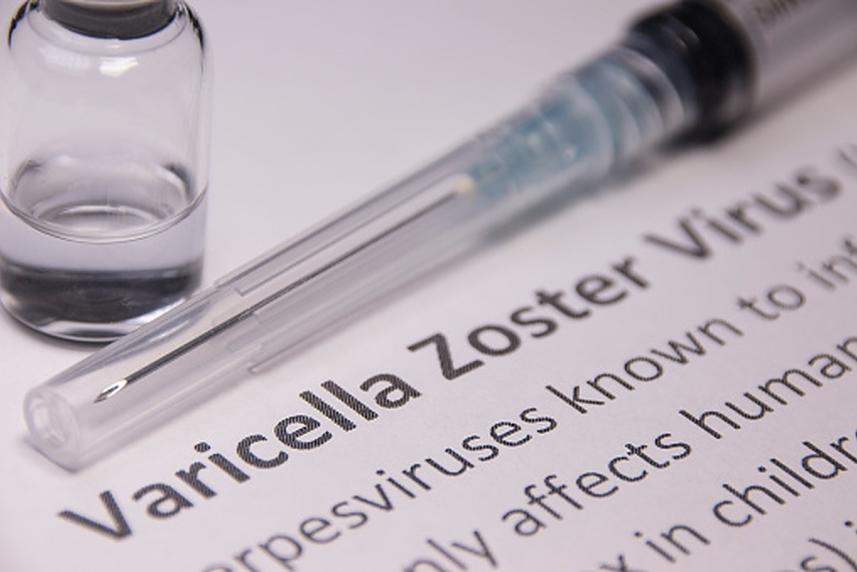Should I get the shingles vaccine?
What you need to know about this painful rash and vaccine recommendations

If you had chicken pox, you are at risk for getting shingles. The same virus, the varicella zoster virus, causes both conditions. Most Americans over the age of 40 have had chicken pox, but many don’t remember it.
Shingles is most common in people over 60. One out of three will get shingles, according to the Centers for Disease Control and Prevention. The CDC recommends that all adults age 60 and older talk to their doctor about the shingles vaccine.
Whether you remember having chicken pox or not, the CDC says to get the vaccine (Zostavax). It can reduce the risk of getting shingles by about half. Even if the vaccine does not prevent shingles, it may lower the chances of feeling long-term pain. Protection from the vaccine lasts about five years.
Someone vaccinated before the age of 60 might not be protected later in life when the risk for shingles is highest. If you have had shingles, you can still get the shingles vaccine to help prevent getting shingles again. A person with a weakened immune system should not get the vaccine.
The shingles rash most often occurs in a patch or stripe around the right or left side of the torso. It sometimes shows up on a side of the face. Small blisters form and scab over in a week to 10 days. The rash tends to clear up in two to four weeks.
The first sign of shingles is usually an itching or burning feeling. People usually feel this sensation around the ribs, waist, back, or chest, and sometimes on the face. There can also be sharp, shooting pains. Contact your health-care provider if you think you may have shingles. Symptoms usually begin to fade after a few weeks or months, but for some people, the pain can last for years. There is no cure for shingles.
Shingles is not contagious. You cannot get shingles from someone who has shingles. However, someone who has never had chicken pox can contract chicken pox from someone who has shingles.


